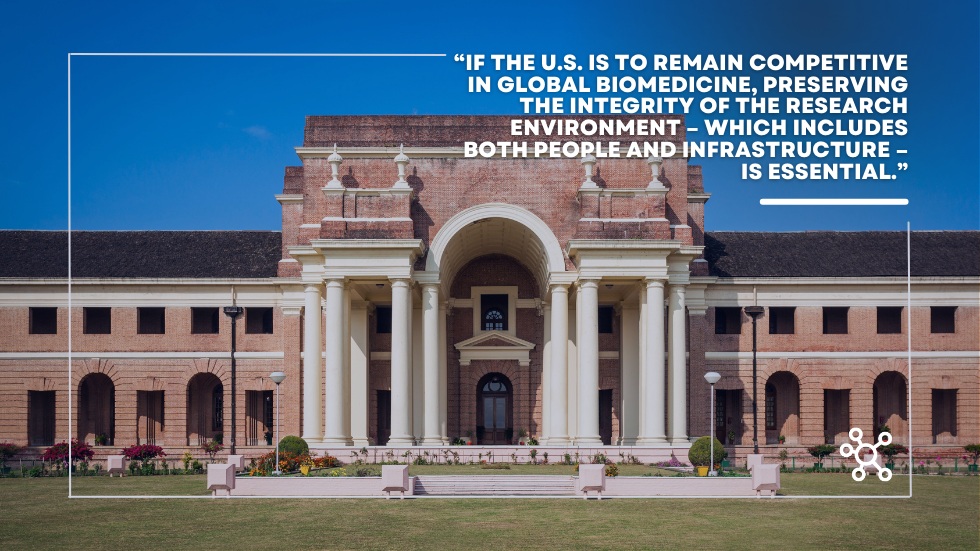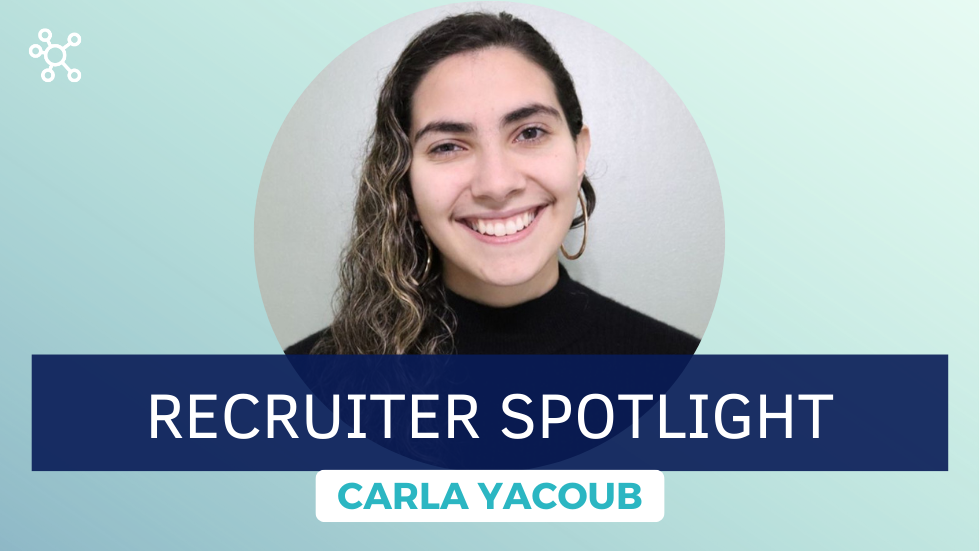Should you work with a recruiter or a headhunter?
Navigating the job market to find that perfect biotech job can be overwhelming, time consuming and frustrating for job seekers. Conversely, finding the perfect fit for a job in a sea of candidates can be overwhelming, time consuming and frustrating for employers. As a result, many employers contract headhunting or pharmaceutical recruiting firms to bring them the best candidates for their jobs, and job seekers find it beneficial to enlist the help of a recruiter to find their dream jobs.
As a job seeker, a strong relationship with a good pharmaceutical recruiter can be hugely beneficial throughout your entire career. Here are some DOs and DON’Ts to for finding, building a relationship with, and benefiting from a good biopharma recruiter.

should you work with a headhunting firm?
DO: Attend networking events within your industry. Many recruiters attend these events to build relationships with clients and meet potential candidates in person. This is one of the best ways to meet and make a good impression on a recruiter.
DON’T: Email your resume blindly to a generic biotech recruiting firm address and expect someone to contact you.
DO: Look for a recruiter or pharmaceutical recruiting firm that knows your industry or the industry you want to be in really well. A specialist will have more connections within the industry, better knowledge of the jobs and career paths available to you, and can furnish you with inside scoop that will help you be more informed about the job and company for which you’re interviewing.
DON’T: Be afraid to ask your recruiter questions about their experience, placements and industry knowledge. You want to put the time and effort into building a relationship with a recruiter that knows more than you do about your industry. A good recruiter will be extremely knowledgeable and well connected and will have no problem fielding your questions.
DO: Checkout recruiter’s profiles on LinkedIn. Take a look at their job listings, connections, groups and posts. Look for a recruiter in the pharmaceutical industry that you have mutual connections with and if you’re interested in one of their listings, see if you can get your mutual friend to recommend you to the recruiter for the job in pharmaceuticals. A referral will certainly help get their attention.
DON’T: Lie or be vague or misleading about your experience, background or compensation. Most recruiting firms and headhunters do verify these facts and being dishonest about any of this information will burn your relationship and chances for a job with that recruiter, as well as potentially get you blacklisted from working with many others.
DO: Understand most recruiting firms are paid by employers, not job seekers, which means their responsibilities and priorities are to the employers (their clients) not you. Know while your recruiter might give you valuable information to help you land the job, he/she will not reveal any information to you that might jeopardize a client’s competitive position.
DON’T: Work with multiple pharmaceutical recruiting firms or headhunters for the same position. While this may seem like it could increase your odds of landing an interview and the position, it typically doesn’t. Furthermore, you could risk your relationships with each of the recruiters you’re working with and potentially be blacklisted.
DO: Keep biotech recruiting firms up to date on promotions, work anniversaries, new certifications or degrees, location changes or job/career path changes. Many pharmaceutical recruiters have thousands of connections and may miss some profile updates like this on LinkedIn. It’s a good way to stay in touch and stay in front of them even if you aren’t actively seeking a position.
DON’T: Get discouraged if you don’t land the job you’re submitted for. Many employers hire multiple biopharma recruiters to submit candidates for the same job. You may not always be the best candidate for the job. Maintain a positive outlook, a good work ethic and proactive relationship with your recruiter and you will eventually score a job you want.
DO: Contact recruiting firms at any stage in your career
DON’T be surprised to find out that most only work with experienced candidates
DO: Ask your recruiter how you can improve your marketability for a particular role, hiring manager, company
DON’T Rely on a pharmaceutical Recruiter for career advice or counseling. This ins’t their focus and while they may be helpful you would be better served by discussing your career interests and “employability” with a career coach.
Searching for a job is stressful. Add working full time and keeping up with other personal and professional obligations, it can be completely overwhelming. A good recruiter can make the process more manageable, faster and more successful. Knowing how to select and maintain a good relationship with a recruiter that is right for you can help you navigate career changes with ease and success.






